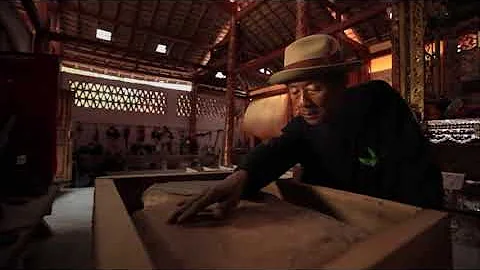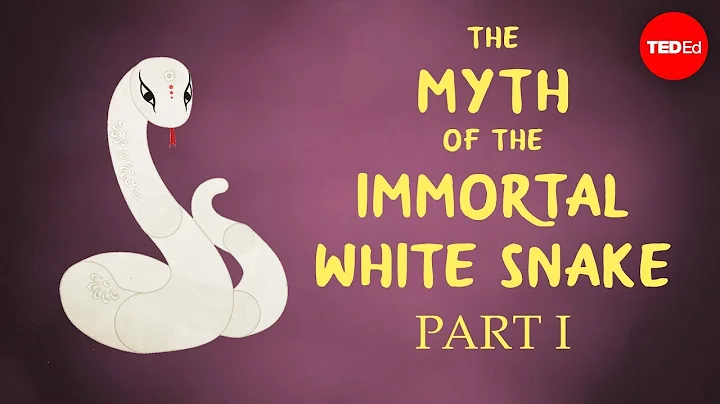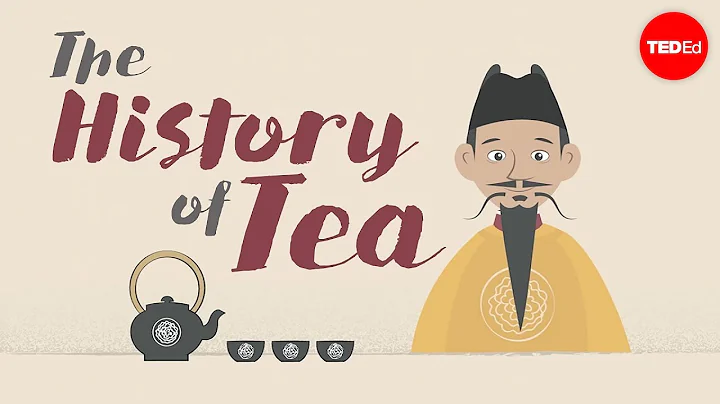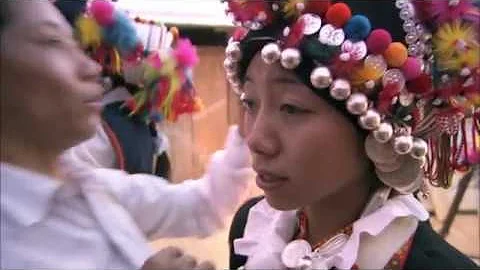
Chinese tea has a history of 5,000 years, but do you know the identity of tea has changed in each key period?


for medicinal purposes


originated from Shennong (Paleolithic - 221 BC)
since the Warring States Period 5, and was written in the "Shennong's Materia Medica" written in the 5th year of the Western Han Dynasty. There is such a record: "Shennong tasted Hundreds of herbs, when exposed to seventy-two poisons every day, can be resolved in full swing." The tea here refers to ancient tea, which roughly means: Legend has it that in ancient times, Shennong tasted herbs in order to discover plants that are beneficial to human survival. Unexpectedly, he was poisoned multiple times in one day. But he was later rescued by taking tea leaves; although this is a legend and contains obvious exaggeration, it can be seen from it that humans may have started to use tea for medicinal detoxification.

"Shennong's Medicine Collection" Song Dynasty/Anonymous


As food or medicinal materials


Heard in Wei, Jin, Southern and Northern Dynasties (222-589)
Tea was not only used as a medicinal material, but also began to appear in people's lives, and gradually became a way to entertain guests. At this time, people also created the method of making and using tea, which is half tea and half drink. They mashed group tea into a pot, added boiling water, processed and seasoned it for consumption. Tea had entered the upper class society from ordinary people, and the literate people at that time 中茶 also became their new favorite.

" Songxi Tea Drinking Picture " Wei Jin /Ming Chen Hongshou


Tea drinking is very common
 html In the Tang Dynasty, from the emperor to the common people, they were all keen on Drink tea.
html In the Tang Dynasty, from the emperor to the common people, they were all keen on Drink tea.
Lu Yu "Tea Classic" came out, and drinking tea became a fashion.
It was in the Tang Dynasty that tea began to have words, tea began to be written, tea began to be sold on the border, and tea began to be taxed. Tea truly became an independent and national culture or industry.

" Gong Le Tu " Tang Dynasty /Anonymous


Tea culture flourished during the period when the whole people drank tea


It flourished in the Song and Yuan Dynasties (960-1368)
Tea became a daily drink that "cannot be eaten at home all day". At this time, tea households, tea houses, tea houses and other trading and production places also appeared among the people. The most distinctive custom among them is tea fighting, which is regarded as an elegant pleasure by the emperors, Huizong of the Song Dynasty, and literati. In the later period, tea processing methods were simplified, famous tea categories became increasingly diverse, and loose tea became the mainstream.

"Tea Ceremony Picture " Yuan Dynasty /Anonymous


Six major tea categories form


Popularized in the Ming and Qing Dynasties (1368-1911)
During the Ming Dynasty, tea culture also had a deeper development.
In the Qing Dynasty new tea planting and production and processing technologies appeared, and tea production continued to increase. It quickly went to the world in the form of bulk trade and was exported to countries all over the world. It once monopolized the entire world tea market. At this time, fried green was produced. The tea method has been widely promoted, so the "brew-drinking method" has replaced the previous "decoction-drinking method".

" Willow shade tea tasting picture " Qing Dynasty /Anonymous


Decline to revival


The Republic of China to modern times (1912 to the present)
After the Opium War, the custom of drinking tea among the people was not good. Until the Republic of China, the custom of drinking tea and strong The commercial atmosphere is mixed together.
Nowadays, the revival of the tea industry is strongly supported by the state, the production and development of the tea industry is more standardized, and loose tea is gradually moving closer to branded tea.

《 Lady Pictures 》 Republic of China / Ye Manshu


Whether it is "chess, calligraphy, painting, poetry, wine and tea" in the life of historical literati
It is still the "firewood, rice, oil, salt, sauce, vinegar and tea" in the lives of ordinary people
tea, all Chinese An indispensable part of people's lives
The tea industry has not been revived, we must work hard

The pictures and texts are from the Internet, is valuable in sharing, if there is any infringement, please contact to delete





















